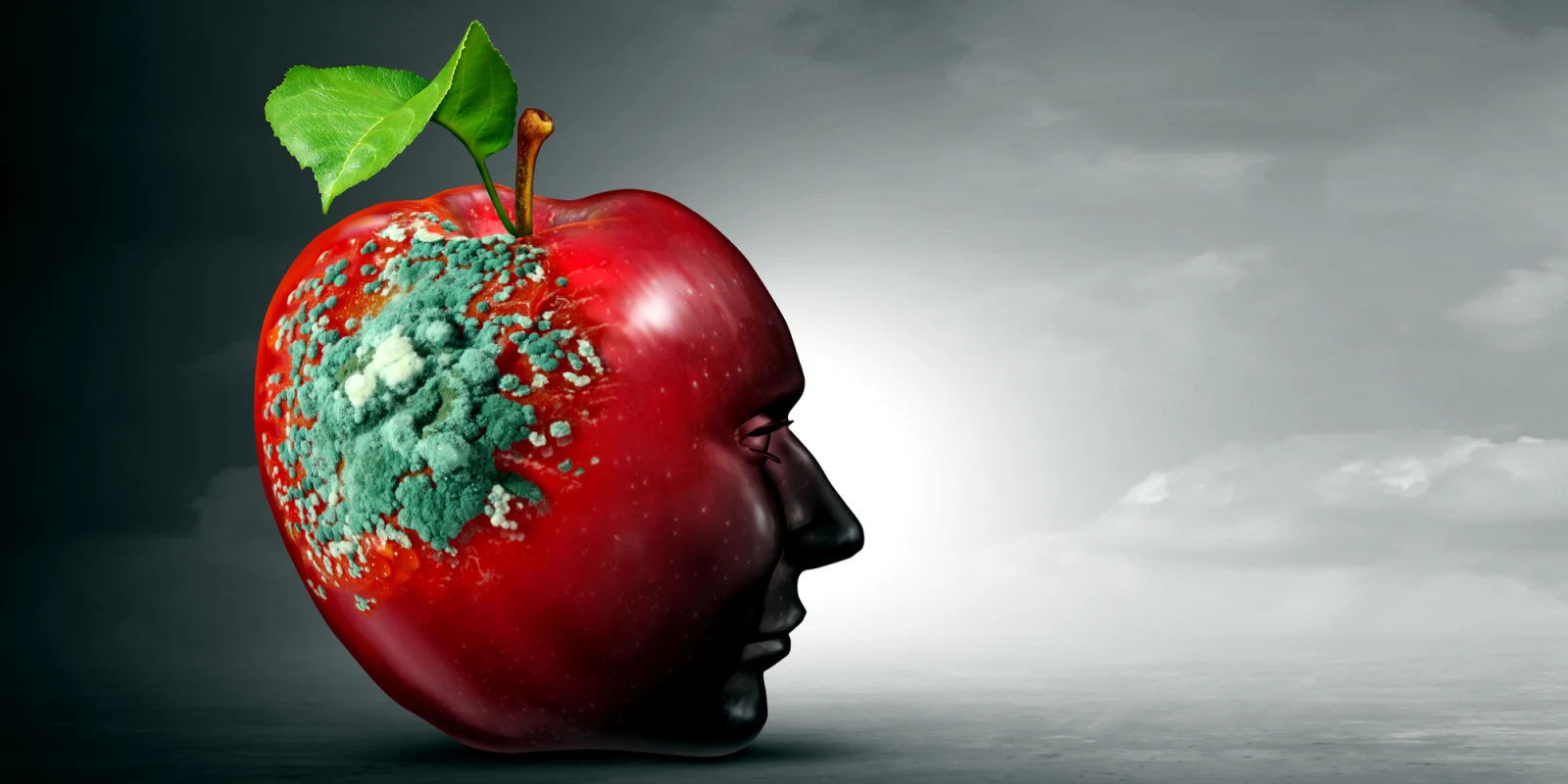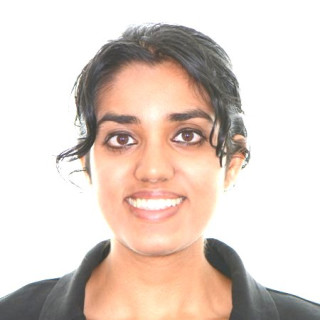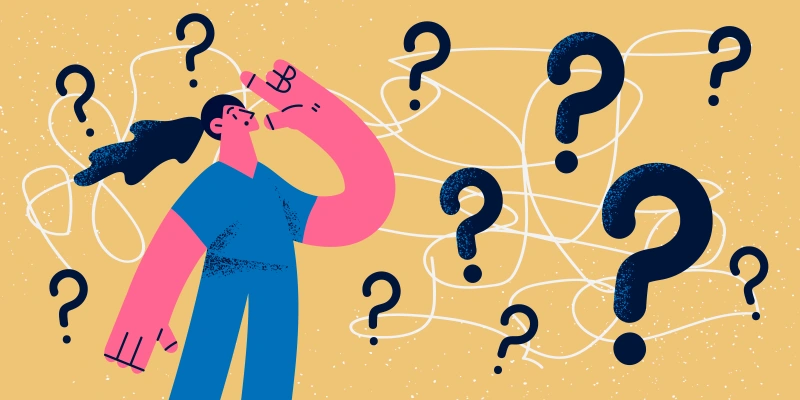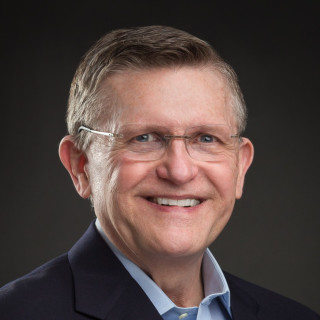 On the first day of my Family Medicine residency orientation in Pittsburgh, I was greeted with a word of caution: leave home early. There was rioting in Mckeesport, where our clinic was located. Later, I learned why — a young, unarmed 17-year-old black teenager named Antwon Rose had been fatally shot multiple times in the back by a white rookie police officer.
On the first day of my Family Medicine residency orientation in Pittsburgh, I was greeted with a word of caution: leave home early. There was rioting in Mckeesport, where our clinic was located. Later, I learned why — a young, unarmed 17-year-old black teenager named Antwon Rose had been fatally shot multiple times in the back by a white rookie police officer.
A few days after the shooting in July, I attended a memorial for what would have been Antwon Rose's 18th birthday in the neighborhood where he grew up. Cars lined every sidewalk, music blared from speakers. A cake with his photo spelled "Happy Birthday" in buttercream. In many ways it resembled any other teenage birthday party. But it was also one of the most powerful occasions of communal grieving and healing I've witnessed, in or out of a hospital. Between local performances, community leaders stepped forward to share their heartbreak and anger in spoken word. On a large table in front of the playground lay a family photo album with stills of a young man surrounded by a loving family. Beside that lay a print of Antwon's now infamous poem, written two years before his death
I AM NOT WHAT YOU THINK!
I am confused and afraid
I wonder what path I will take
I hear that there’s only two ways out
I see mothers bury their sons
I want my mom to never feel that pain
I am confused and afraid …
As a young medical trainee, I've seen mothers lose children far too many times. Sometimes life slips to chronic and inevitable disease, sometimes to preventable illness, like an infection caught too late. Every time, it is gut-wrenching. But on that bright July afternoon, I witnessed a new, unfamiliar kind of anguish. Towards the end of the speeches, Rose's mother came forward, to the front of the crowd. I don't even remember the words she spoke; I only remember my impressions of raw anger and pain.
Whenever I witness profound grief in my patients' lives, my instinct has been to open my arms to hold them and their suffering. Sometimes I offer prayers as little seeds of hope for the possibility of new life after death. But this grief throbbed, it shadowed and cloaked us like a thunder cloud. What hope could there be when a life is cut short by a force so virulent as racism? What comfort could one possibly provide? This was grief that seeped like crude oil into a river, built up over generations of polluted thoughts and actions. I would be lying if I uttered assurances, if I said I believed it could never happen again to another black boy — in this world, in this community, even within Rose’s family.
As a resident physician who trained in West Philadelphia and now Mckeesport, I knew this would happen. Again and again and again, in a thousand ways — if not by a finger on a trigger, then by a million other threats and insults. I've seen black bodies threatened by physician neglect: “her chest pain is probably just because she used cocaine.” I've seen brown bodies ignored because physicians didn't speak the language: “he didn’t tell me enough to diagnose.” These disparities extend far beyond medicine. They are like a devastating cancer; as frontline providers, we only see the signs and symptoms.
In 2015, a study by the University of Pittsburgh's School of Social Work showed that infant mortality and low birth rates are higher in black communities than in white communities, and that the black teen birth rate is seven times higher. Black children are less likely to be enrolled in preschools and less likely to be proficient in math and reading by 11th grade. They are more likely to drop out of high school. One third of black residents in Pittsburgh live below the poverty line and they are more likely to be unemployed. They are less likely to own a home, and more likely to lack insurance. Not surprisingly, they suffer from higher rates of emotional and mental distress, higher rates of chronic disease like diabetes and HIV, and they will die significantly younger than their white counterparts. None of this is surprising to family practitioners in Pittsburgh who treat cradle to grave.
A few days ago, nearly a year after Rose’s death, the verdict on the police officer involved came in: he was acquitted of all charges, sparking outrage and protests throughout the city and gouging fresh wounds for the Rose family and surrounding community. After a year of working in this deeply racially segregated city, the only words that bore meaning were those reminding us of the power of controlled anger to instigate change. We treat cancer today through potent combinations of targeted drugs to obliterate cells that replicate unchecked, aiming for the cell's very blueprint, its DNA. Each one of us must do the same for the sicknesses of our institutions and the thoughts — especially our own — that create them.
We as physicians sometimes disparage strong emotion and activism, preferring the sterility of our laboratories and white coats to the messiness beyond. But we are also witness to entropy, to the tenderness and unpredictability of healing. And we have roles to play in that journey. The wars waged on black bodies are blurred between emergency departments, neighborhoods, and congress halls. We are already fighting these battles, whether we acknowledge it or not. It's time we heard the war cry of mothers like Michelle Kenney (Rose's mother), and join arm-in-arm. As Martin Luther King Jr. once said, “Peace is not merely the absence of some negative force — war, tensions, confusion, but it is the presence of some positive force — justice, goodwill, the power of the kingdom of God…. If peace means keeping my mouth shut in the midst of injustice and evil, I don't want it.”
Esha Khurana, MD, MPH is a PGY1 resident in the combined Family Medicine/Psychiatry residency at UPMC Mckeesport.
Image by Lightspring / Shutterstock






